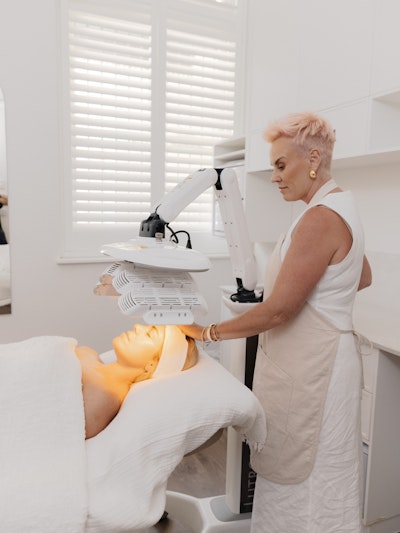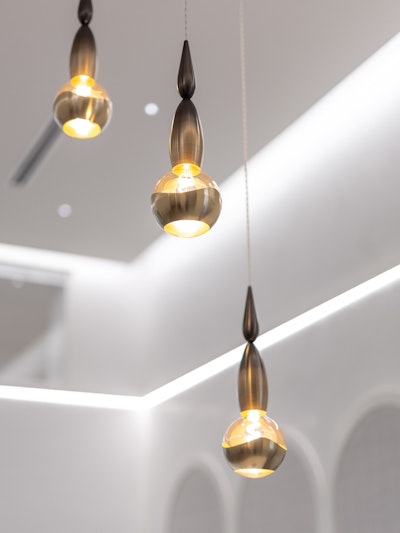
Facial redness is a common skin feature that can occur for different reasons. It may appear temporarily or persist over time, and can be influenced by genetics, environmental factors, or changes in the skin’s response to stimuli. Because there are multiple possible causes, the presentation varies between individuals.
Redness associated with long-term sun exposure is often linked to visible surface blood vessels and changes in skin texture. Rosacea is described in the dermatology literature as a chronic condition that may involve persistent redness, visible vessels, and sometimes acne-like bumps. Another condition, keratosis pilaris rubra faceii (KPRF), is characterised by cheek redness and a bumpy surface texture. These examples highlight that facial redness is not a single entity but can arise from different mechanisms.
From a skin health perspective, redness is connected to vascular and inflammatory responses within the dermis. Repeated exposure to ultraviolet light, changes in barrier function, and inflammatory activity can all influence how blood vessels behave near the surface of the skin. This in turn affects how evenly light reflects across the face and may contribute to a complexion that appears uneven. Considering redness in the context of overall skin health helps explain why its appearance and impact differ across individuals. Because facial redness can arise from several underlying processes, it is important that any discussion of management is individualised.

Mesotherapy

LED Light Therapy

BBL® HEROic

ClearSilk

Forever Young BBL™ HEROic

ClearV
A consultation with a qualified health practitioner provides an opportunity to review your skin, discuss your concerns, and receive information about potential options. This includes an explanation of benefits, risks, and alternatives so that any decisions are informed and voluntary. Because there are many different services available, a consultation helps to determine which, if any, may be appropriate for your individual circumstances.
Have some questions for our team first?
Email us at [email protected] or call our Care Team on (02) 4002 4150.